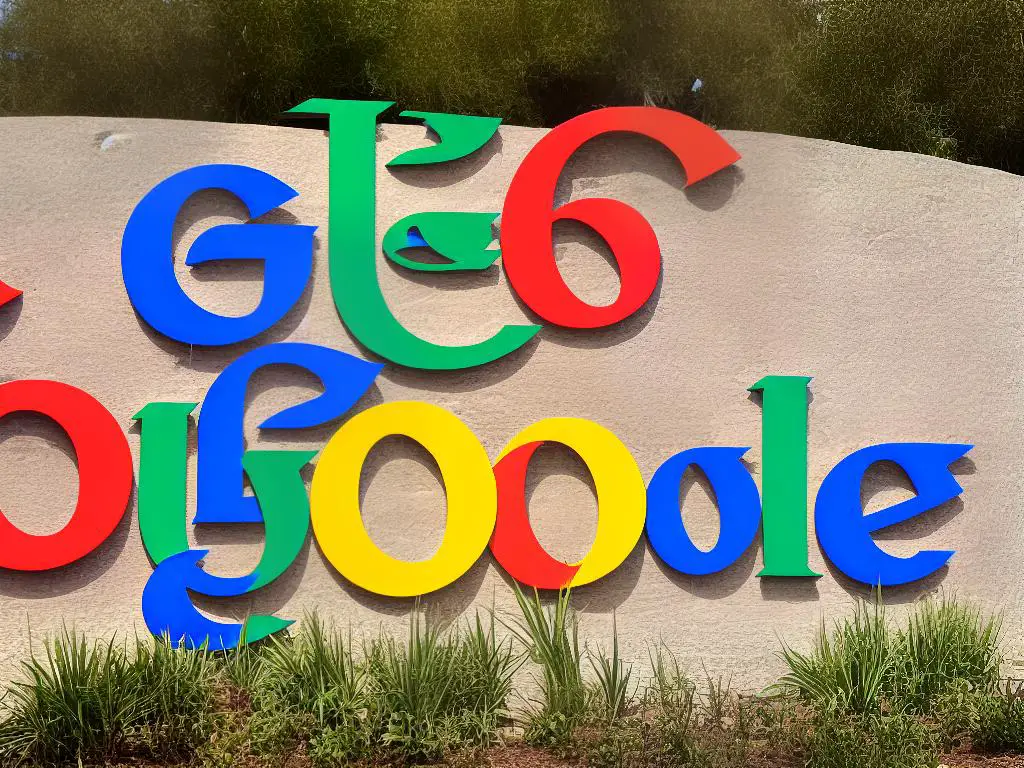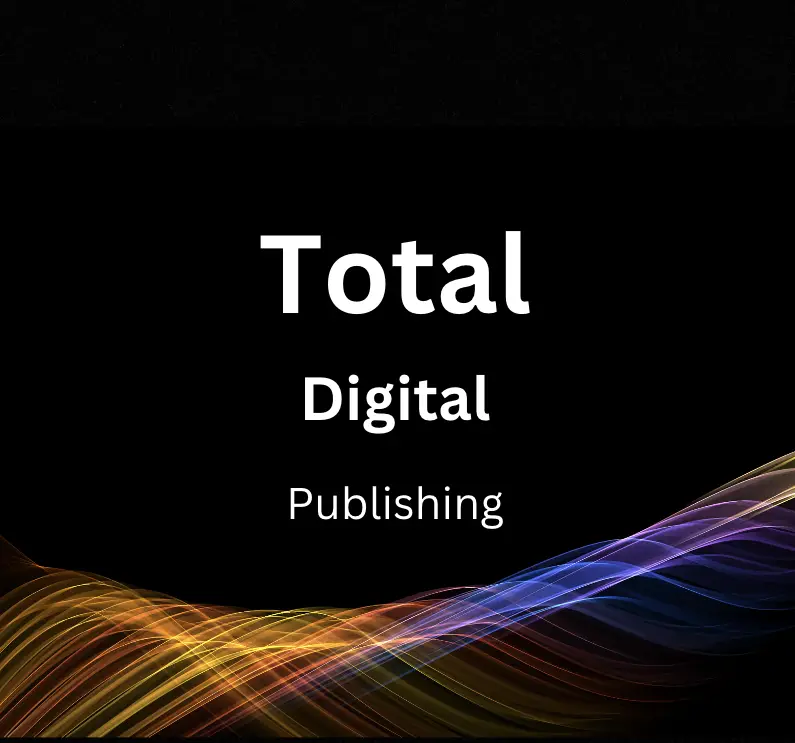In today’s digital landscape, it has become increasingly important for brands and content creators to maintain high-quality, engaging, and informative online content. A key factor in achieving this I understanding and implementing Google’s E-A-T guidelines: expertise, authoritativeness, and trustworthiness. These guidelines outline Google’s expectations for online content and play a significant role in search engine optimization and content creation. By exploring the significance and nuances of E-A-T, website owners can better position themselves for success in meeting the needs of both users and search engines.
Overview of Google’s E-A-T Guidelines
Google’s E-A-T Guidelines
Google’s E-A-T guidelines have become an essential component of search engine optimization (SEO) and content creation in recent years. E-A-T stands for Expertise, Authoritativeness, and Trustworthiness, three factors that Google considers important when ranking content on its search engine results pages (SERPs). Understanding and following these guidelines are crucial for any website or content creator aiming to improve their online visibility, credibility, and overall ranking.
Expertise
Expertise refers to the level of knowledge or skill displayed in a particular subject matter by the content creator. Google assesses expertise based on the author’s credentials, experience, and demonstrated ability to convey complex concepts in an accessible manner. Content should be well-researched, accurate, and ideally, up-to-date. There are also different expectations of expertise depending on the topic; for instance, medical content should come from a qualified medical professional, while everyday life topics may not require a specific degree or accreditation.
Authoritativeness
Authoritativeness refers to the content’s ability to be considered a reliable and respected source in its respective field. This not only applies to the author’s background and accomplishments but also to the website and publisher behind the content. The number and quality of inbound links, mentions from industry experts, and citations in authoritative publications all contribute to a higher level of authoritativeness.
Some ways to showcase authoritativeness include:
- Displaying author bios with relevant credentials
- Building high-quality backlinks
- Engaging with influencers and industry experts
- Obtaining testimonials or endorsements when appropriate
Trustworthiness
Trustworthiness is about the credibility and integrity of the content, author, and website. Does the information provided align with other reputable sources? Are the claims backed up by credible evidence? Is the author transparent about any potential biases or conflicts of interest? These are just some questions to consider when evaluating trustworthiness.
Some tips for enhancing trustworthiness include:
- Providing clear citations and sources
- Using secure (HTTPS) connections
- Offering detailed and transparent information about the content’s authorship
- Maintaining a user-friendly website design
Why E-A-T Matters
High-quality, engaging content is now more important than ever as Google’s algorithms continue to prioritize E-A-T factors. Content with a strong E-A-T profile benefits from higher SERP rankings, increased organic traffic, and greater user trust. Ultimately, this can lead to better online visibility, user engagement, and conversions.
Incorporating E-A-T into your content strategy takes time and effort, but it’s a worthwhile investment for any website or individual looking to establish a strong online presence. It’s essential to understand and adapt to Google’s evolving guidelines, as they inform successful SEO practices and help creators produce high-quality, relevant, and valuable content for users.
Understanding Google’s E-A-T Guidelines
Google’s E-A-T guidelines, which stand for Expertise, Authoritativeness, and Trustworthiness, are essential factors in evaluating the quality of online content. By prioritizing E-A-T when creating content and regularly reviewing and updating existing content, you can demonstrate to both Google and users that your content is reliable, informative, and worth their time.

Expertise in E-A-T
Enhancing Your Expertise and Authoritativeness
To adhere to Google’s E-A-T guidelines, content creators must showcase a high level of knowledge and skill in their niche or industry. This involves providing valuable information, unique insights, and a deep understanding of their specific area. By doing so, you can establish a reputation for expertise and authoritativeness within the online community, consequently improving your content’s search rankings and user trust.
Why Expertise is Important
Expertise builds trust with your audience and shows that your content is not only accurate and reliable, but also created by someone with significant knowledge in the subject area. Demonstrating expertise can lead to higher search rankings and increased visibility in organic search results.
Showcasing Expertise in Content Creation
There are several ways to showcase your expertise when creating content:
- Provide well-researched and accurate information: Back up any claims or statements with accurate data and information, ensuring that your content is up-to-date and relevant.
- Offer unique insights: Do not regurgitate what others have already said. Provide your own unique perspective and insights on the topic, built upon your expertise in the subject matter.
- Create in-depth articles and posts: High-quality content tends to be more comprehensive and informative. Focus on creating content that covers all aspects of the topic and answers any questions that users might have.
- Share your credentials and experience: Let your audience know about your qualifications, achievements, and experience in your field. This helps build trust and credibility with users.
- Engage with your community: Respond to user comments and questions on your content and participate in relevant forums or social media discussions. This helps establish your authority and expertise in the subject area.
Establishing Value for Users and Search Engines
To make your content valuable for both users and search engines, focus on relevancy and usefulness. Consider the following:
- Identify the target audience: Establish a clear understanding of who you are writing for and what their needs and interests are.
- Solve a problem or answer a question: Address the pain points and issues that your audience is facing, providing actionable advice and real solutions.
- Organize your content: Make your content easy to read and understand by using clear headings, bullet points, and concise language.
- Include high-quality visuals: Images and videos can help enhance the user experience, making your content more engaging and easier to understand.
- Optimize your content for search engines: Incorporate relevant keywords and phrases, create compelling meta descriptions, and ensure that your content is properly structured and formatted.
Introduction to Google’s E-A-T Guidelines
As a member of the general public looking to become informed about Google’s E-A-T guidelines, it’s crucial to understand the importance of displaying expertise, authoritativeness, and trustworthiness in your online content. These factors not only build trust with your audience, but they also help improve your search engine rankings. By offering valuable, informative, and relevant content, you can establish yourself as an expert in your niche and meet Google’s E-A-T standards.

Authoritativeness and Trustworthiness
Diving Deeper into Google’s E-A-T Guidelines
Now that we’ve covered the basics of Google’s E-A-T guidelines, let’s delve deeper into the three factors: Expertise, Authoritativeness, and Trustworthiness. We’ve already discussed the significance of expertise in the first paragraph; therefore, let’s proceed to explore the concepts of authoritativeness and trustworthiness, as well as how you can enhance these aspects of your website for improved SEO results.
Building Credibility
One of the critical factors you need to consider when aiming to establish authority and trust is credibility. The more credible your website is, the more likely Google will consider it authoritative and trustworthy. Here are some ways to build credibility:
- Accurate and up-to-date information: Ensuring that your content is factual, accurate, and timely demonstrates that you are reliable. Keep your content updated and continuously verify facts to maintain credibility.
- Transparency: Be open about who you are, your credentials, and the purpose of your website. This clarity shows your audience that you are reliable and helps establish trust in your content.
- Use reputable sources: When referencing information, use well-known, authoritative sources, and provide proper citations and links. It will reflect well on your image as a content creator and show that you have done your research.
- User experience: A well-designed and functional website indicates professionalism and credibility. Make sure your site is easy to navigate, aesthetically pleasing, and free of errors.
- Testimonials & reviews: Consider featuring reviews and testimonials from satisfied customers, clients, or peers to showcase your trustworthiness.
Backlinks and their Importance
One vital factor that can help showcase your website’s authoritativeness is earning a good number of quality backlinks. Backlinks are incoming links to your website from other websites, and they suggest to Google that your content is valuable and deserves more visibility.
Getting high-quality backlinks requires creating valuable, informative content that is shareable, link-worthy, and meets user needs. You can also engage in strategic partnerships and guest posting on authoritative websites in your niche to gain credible backlinks.
Keep in mind that the quality of the websites linking to your content is crucial; if you have many backlinks from low-quality or spammy sites, it could negatively impact your perceived trustworthiness.
Showcasing Authoritativeness and Trustworthiness in Your Content
In addition to the steps mentioned above, you can also directly showcase your site’s authoritativeness and trustworthiness in your content. Here are several ways to accomplish this:
- Expert authors: Ensure that your content is created by experts or professionals in the field, and include their credentials, certifications, and experience in their bio.
- Quality content: Create in-depth, well-researched, and professionally written content that demonstrates your expertise and provides value to your audience.
- Knowledge sharing: Regularly publish content that shares knowledge, insights, and perspectives in your area of expertise to establish thought leadership and credibility.
- Address user concerns: Respond to comments, questions, and concerns from your audience to show that you care about their needs and help build trust within your community.
- Social proof: Build a strong presence on social media platforms and gain a significant following to increase your perceived authority.
Introduction to Google’s E-A-T Guidelines
As a member of the general public looking to become informed about Google’s E-A-T (Expertise, Authoritativeness, and Trustworthiness) guidelines, it’s important to understand how these factors play a significant role in determining website rankings in search results. Ensuring your website adheres to these guidelines can greatly improve its SEO performance. This article delves into the importance of focusing on authoritativeness and trustworthiness, offering actionable tips, examples, and insights into what Google is looking for in high-quality content.

Best Practices for E-A-T Optimization
Implementing E-A-T Strategies for Website Optimization
Implementing E-A-T strategies in your website’s content is crucial in building credibility, earning high-quality backlinks, and showcasing your site’s authority and trust. By following best practices for optimizing your website and content according to E-A-T guidelines, you will be well on your way to providing valuable content that Google will recognize and reward. In the next sections, we will discuss various tips and techniques to help you improve your website’s expertise, authoritativeness, and trustworthiness.
Demonstrate Expertise
To exhibit expertise, create content that is not only well-written but also relevant and useful to your target audience. A subject matter expert (SME) should produce or review your content, offering precise and detailed information from reliable sources. Google favors comprehensive content, so cover each topic in-depth and update your website regularly to reflect current knowledge and trends.
Including author bios, professional experience, and any certifications or awards can solidify your expertise and build credibility. Guest blogging opportunities and engaging in relevant online communities, forums, or social media platforms also help showcase your knowledge and connections within the industry.
Establish Authoritativeness
To establish your website’s authority, focus on producing high-quality content that positions you as a thought leader in your field. Gaining backlinks from reputable, industry-relevant websites is an excellent way to boost your credibility, as Google considers links from these sites as endorsements of your content quality.
Building your online presence and acquiring mentions or citations from respected media outlets can also heighten your authority. Additionally, participating in industry events, webinars, or podcasts where you share your expertise can help create a favorable impression.
Maintain Trustworthiness
Demonstrating trustworthiness is essential for E-A-T optimization. Creating clear and easy-to-find policy pages, such as terms of service, privacy policy, and disclaimers can increase trust with your users and Google. For e-commerce websites, secure and user-friendly checkout processes, customer reviews, and third-party trust signals like Better Business Bureau ratings or Trustpilot badges are crucial.
As misinformation and fake news remain a significant concern online, it’s essential to provide transparent, factual content. If making claims or citing sources, link to reliable references and present data in a clear, unbiased manner. Also, ensure that your website is secure with SSL certificates, mobile-responsive, and user-friendly to maintain trust with your audience and reduce bounce rates.
Monitor and Address User Feedback
User feedback and reviews are instrumental in establishing and maintaining E-A-T. Monitor reviews and online sentiment about your brand and products, and address any concerns or complaints promptly. Showcasing genuine user reviews and testimonials on your website adds a level of social proof and trustworthiness that helps build your E-A-T standing.
Be Consistent
Consistency is key when it comes to E-A-T optimization. Ensure your website has a cohesive design, branding, and messaging across all pages. This conveys professionalism and makes your website more accessible and enjoyable for users to navigate.
Conclusion
By demonstrating expertise, authority, and trustworthiness in your content and online presence, you can significantly improve your E-A-T optimization. Following best practices and focusing on high-quality, factually correct, and comprehensive content will help you achieve a favorable ranking in Google search results. Continuously monitoring user feedback and maintaining a strong online presence will ensure that your website adheres to Google’s E-A-T guidelines and delivers the best user experience possible.

By developing a deeper understanding of Google’s E-A-T guidelines and employing best practices, website owners and content creators can work towards providing valuable, engaging, and informative content that resonates with their audience. As a result, they’ll likely find themselves enjoying higher search engine rankings, increased trust from users, and ultimately, a stronger and more impactful online presence. In an ever-evolving digital environment, staying informed and adapting to these guidelines is crucial for ongoing success and growth.

